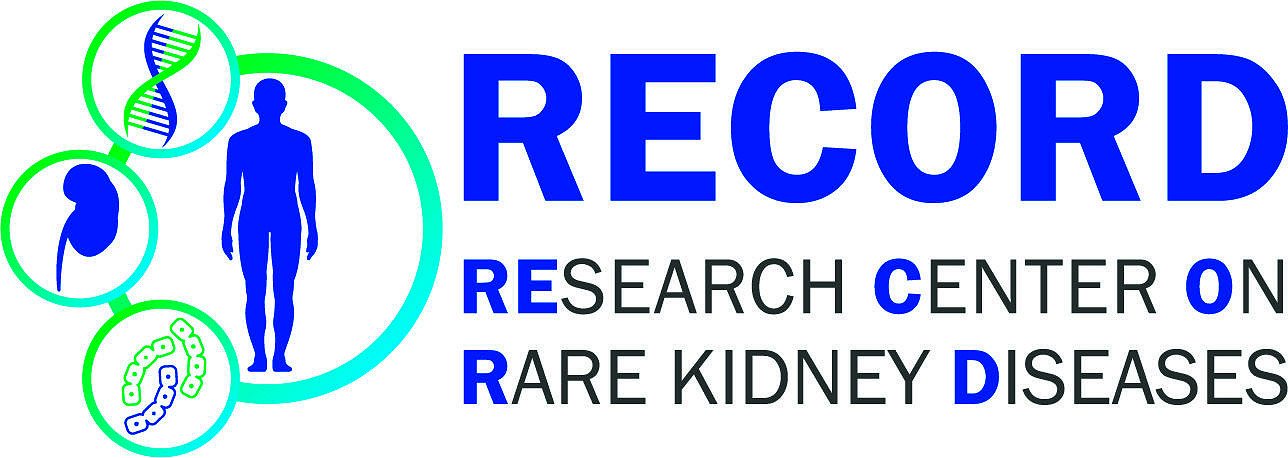Clinical and metabolic profiling of hereditary kidney tumor syndromes
Wissenschaftliches Arbeitsprogramm:
Renal cell carcinomas (RCC) arise from tubular epithelial cells and represent the majority of kidney tumors. Up to 4% of RCC occur in the context of hereditary tumor predisposition syndromes, which often show extrarenal manifestations with varying penetrance. Despite their usually autosomal dominant inheritance, a high number of undiagnosed cases is suspected. Misdiagnosing hereditary RCC as sporadic RCC can have serious consequences due to inappropriate therapies and inadequate follow-up care.
The multifocal and recurring tumors associated with these conditions carry a high risk of chronic kidney disease from a nephrological perspective. Additionally, kidney tumor syndromes are sometimes associated with other renal phenotypes, such as polycystic kidneys in Von Hippel-Lindau or Birt-Hogg-Dubé syndrome. Furthermore, the increasing availability of targeted pharmacological therapies means that nephrology can, and indeed must, take on increasing responsibility in managing these conditions.
The biological properties of RCC are closely linked to their tissue of origin: tubular epithelial cells, with their high energy turnover, rely on oxidative phosphorylation and beta-oxidation of fatty acids under normal conditions. They possess numerous mitochondria, making them vulnerable to mitochondrial alterations and metabolic shifts. Pathogenic germline variants, such as those in fumarate hydratase (FH), disrupt the citric acid cycle, causing fumarate accumulation and a shift to anaerobic glycolysis. This metabolic reprogramming leads to a dependency on glutamine and arginine (substrate auxotrophy) and characteristic metabolic profiles of tumor cells. Metabolite accumulation also causes detectable post-translational modifications in the blood.
Despite promising findings, these insights have yet to impact clinical care for hereditary RCC syndromes. We aim to investigate whether specific metabolic signatures correlate with clinical phenotypes. Patients with hereditary RCC will be observed longitudinally, with clinical data collected and a biorepository established. We will conduct metabolomics analyses of tumor tissue and blood, and validate key metabolites immunohistochemically. This could enable non-invasive diagnostics for screening or monitoring advanced RCC while identifying targets for metabolic interventions.

